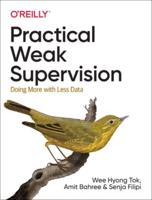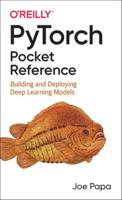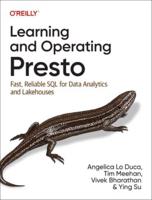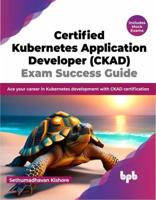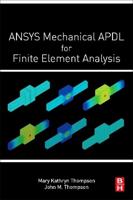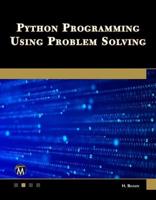Publisher's Synopsis
Visual C#.NETWindows Forms Programming with C# By Max BeerbohmWindows Forms is a Graphical User Interface(GUI) class library which is bundled in .Net Framework. Its main purpose is to provide an easier interface to develop the applications for desktop, tablet, PCs. It is also termed as the WinForms. The applications which are developed by using Windows Forms or WinForms are known as the Windows Forms Applications that runs on the desktop computer. WinForms can be used only to develop the Windows Forms Applications not web applications. WinForms applications can contain the different type of controls like labels, list boxes, tooltip etc.A windows form application is an application, which is designed to run on a computer. It will not run on web browser because then it becomes a web application.This Tutorial will focus on how we can create Windows-based applications. We will also learn some basics on how to work with the various elements of Windows applications.In this book, you will learn- What is c #Why C-Sharp was createdWhat is the origin of the term "C #"Main uses of C #* Windows Application Development: * Create web applications typically via: * the games: * C # Features-Chapter One#C Programming Language Quick GuideData types Types and VariablesHistory and configurationData structuresListsFactorsBitwise comparison operatorsIncrementationControl structuresFor Each loopSwitch instructionData conversionVarietiesInteresting featuresKeyword "yield"Optional transactionsFloating speciesCall the SetDefault function defined aboveDealing with errorsResource ManagementParallel programmingParallel with ASPARALLELLINQDelegation and EventsDelegate is a reference to a child-Chapter IINET FrameworkAbout this chapterMain sections of the frameworkCommon Implementation EnvironmentFCL Framework Class LibraryC # CompilerHow does the program execute using CLR?ConclusionChapter IIIGet started with C-SharpThe first programA simple program to add two integersMore optimized program to add two numbers-Chapter IVLambda expressions and Linq queriesLambda expressionsLinq queriesSupportive exercisesConclusion-Chapter VUse and handle EventsRelationship between Events and DelegatesAnonymous Methods Anonymous MethodsSupportive exercisesConclusionChapter VIObject Oriented ProgrammingGeneral principles of the object-oriented conceptEncapsulationInheritancePolymorphismConclusion

